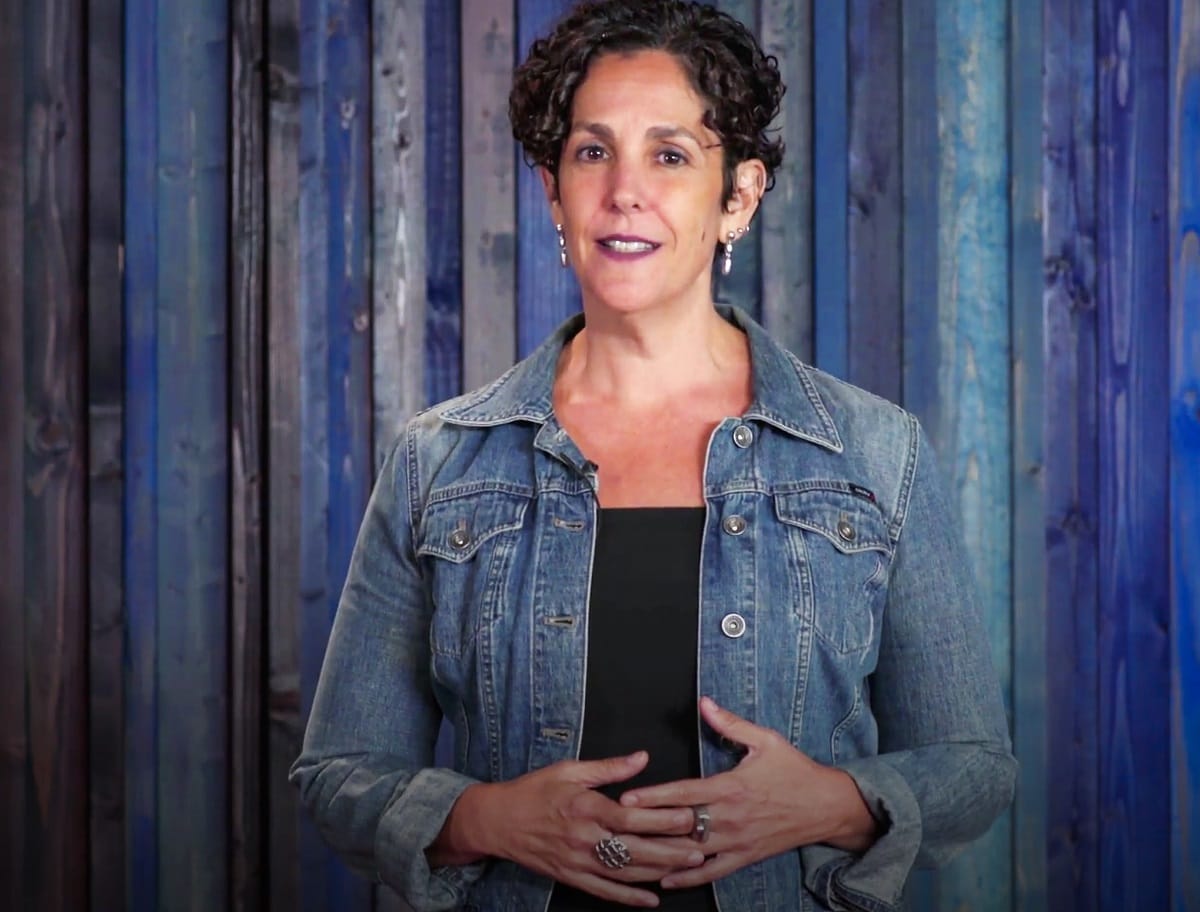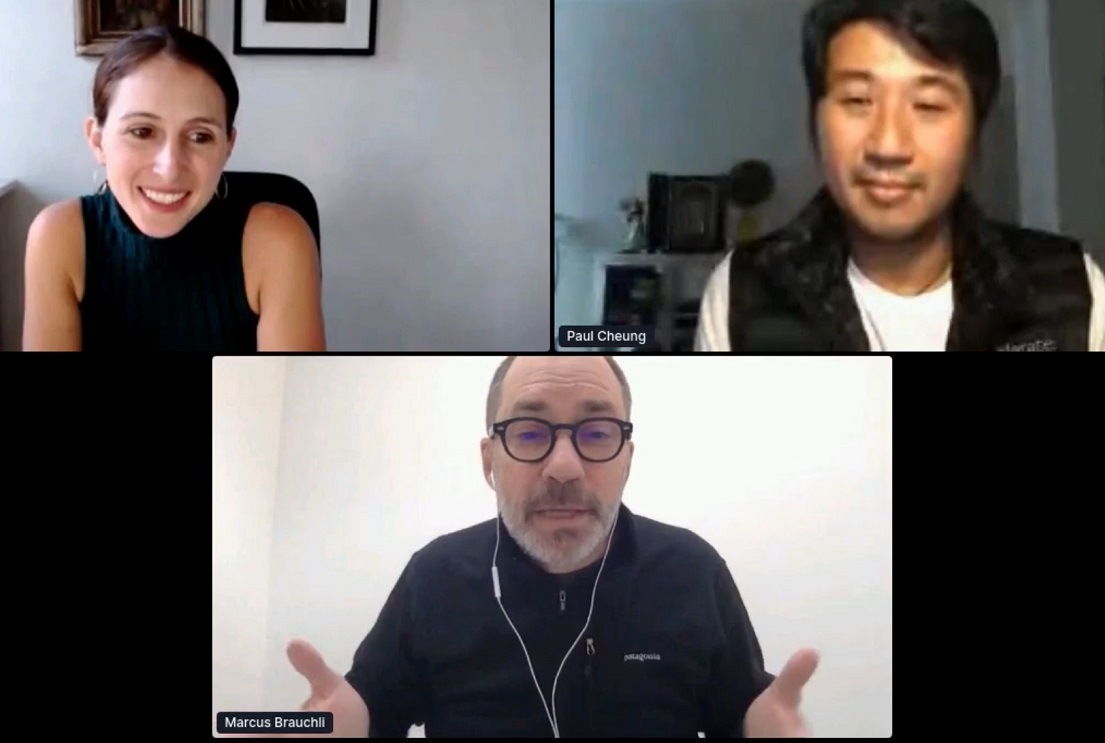Proposals to Curtail Section 230 Gather Steam Among Journalists and Thinkers at Reboot Event
November 11, 2020 – The pervasiveness of the debate over recrafting Section 230 of the Communications Decency Act is even impacting discussions about the future of journalism. Speaking on Tuesday at the final day of the Lincoln Network’s Reboot conference, Alberto Ibarguen, CEO of the John S. and Ja
Liana Sowa

November 11, 2020 – The pervasiveness of the debate over recrafting Section 230 of the Communications Decency Act is even impacting discussions about the future of journalism.
Speaking on Tuesday at the final day of the Lincoln Network’s Reboot conference, Alberto Ibarguen, CEO of the John S. and James L. Knight Foundation, set the tone for the day in advocating transparency as a theme in legislative changes to Section 230.
Ibarguen acknowledged the debate in the journalism industry between those say the tech platforms are too big not to be regulated and those that said they shouldn’t have too much regulation so they can maintain market efficiency.
But as a lawyer and a newspaper editor, he said there is nothing wrong with changing Section 230 such that it would hold speakers or platforms accountable for provable harm.

Ibarguen projected that such changes would “make things more conservative” and cause tech platforms to invest more in artificial intelligence agents. Such agents have been envision for a decade by Tim Burners Lee, the creator of the World Wide Web.
Such changes to Section 230 would be a boon for transparency and accountability and would guide Americans into the future, he said.
Free speech and Section 230
Yaël Eisenstat, visiting fellow at Cornell Tech and former Facebook global head of elections integrity, discussed the connection between free speech, Section 230, and platform amplification.
Platform “amplification” has changed the dynamics of free speech because tech platforms are controlling what gets priority in the public square, and not the public at large.
While emphasizing her support for free speech, Eisenstat acknowledged the oddity of tech companies bearing no responsibility for what gets put forward on their platforms.
This is why, in her view, more and more people are advocating for transparency: Users need to know why the algorithm is favoring one post over another.
Eisenstat also discussed using data to target certain markets. She said that while algorithms cannot directly target people, political ads can. Most of the time data targeting manifests itself in data being used to determine our preferences for marketing Adidas or Nike shoes.
But big data is problematic when used politically because people don’t gather round the water cooler and talk about how they got two different ads when they were seeking the same information.
Moreover, social media is all about engagement on an emotional level, and it is antithetical to listening, she said.
Lower barriers to entry for media companies
Speakers discussed how lower costs and barriers to entry have allowed new entrants to falsely pose as reputable news sources. Jarod Dicker, vice president of commercial at Washington Post said that during election week, whereas his media stream was usually more broad, he had about three people he was actually listening to for election information because he didn’t trust anyone else.
Millie Tran, chief product officer at the Texas Tribune, responded saying that Dicker’s deference to limited sources in times of uncertainty showed the power of legacy news and it has a role that “other substacks aren’t going to fill.”
Is hyperlocal news a thing again?
Still, speakers acknowledged that journalists needed to adapt to the changing times. American Journalism Project CEO Sarabeth Berman and North Base Media Managing partner Marcus Brauchli advocated for a focus on communities.
David Chavern, president and CEO of News Media Alliance, said that news has recently been becoming more local as opposed to the long term national trend, seen clearly with President Donald Trump.

Sarabeth Berman, Paul Cheung and Marcus Brauchli
Berman and Brauchli agreed that communities provided a natural basis for fact-checking. Berman said journalists needed to remind communities why they were helpful. She pointed out that since the decline of the newspaper, civic engagement has decreased and polarization has increased.
Brauchli stressed that because information was the bedrock of the economy domestically and globally, investors needed to financially support quality media. “Misinformation is a cancer on global markets.”
He also said that funding is not as simple as growing revenue. Rather, it involves training audiences to care about quality journalism. Once people are on their smart phones, they have limitless choices of what to pay attention to.
In other words, Chavern said, people still want quality news, and that’s why journalism is not going to go the way of the buggy whip.
The Lincoln Network is a Silicon Valley-focused think tank. Executive Director Garrett Johnson moderated the session with Alberto Ibarguen. The Lincoln Network is not connected to the Lincoln Project of disaffected Republicans who created political advertisements in the presidential contest and campaigned against Trump.









Member discussion